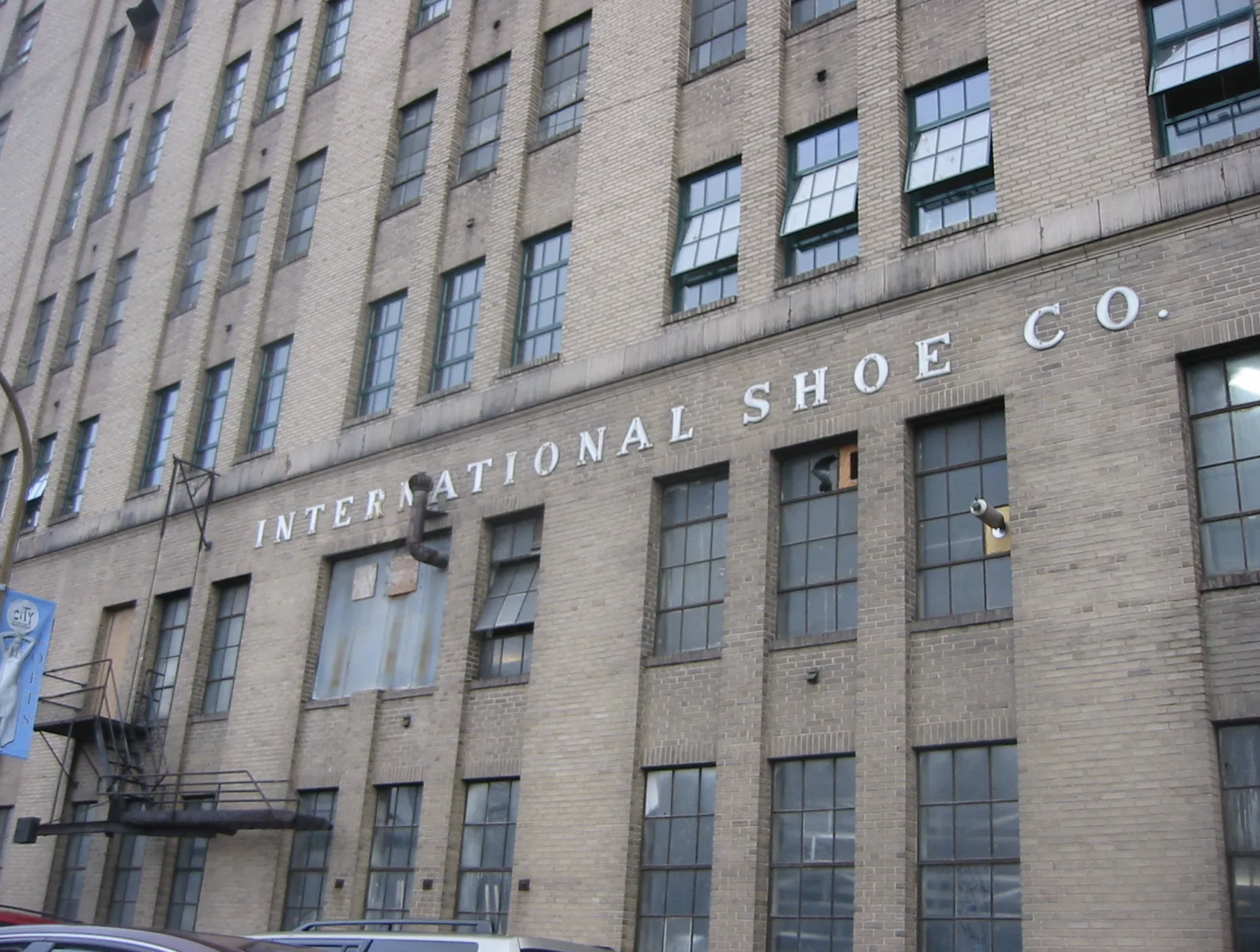International Shoe Co. v. Washington
Key Principles
Minimum Contacts Test: Due process requires that a defendant have minimum contacts with the forum state such that maintaining the suit does not offend traditional notions of fair play and substantial justice.
General v. Specific Personal Jurisdiction
General Personal Jurisdiction: can exist even if the claim does not arise out of or sufficiently relate to the defendant’s in-state contacts, as long as the defendant has sufficiently extensive contacts with the state (typically where they’re domiciled).
Specific Personal Jurisdiction: exists if the claim arises out of or sufficiently relates to the defendant’s deliberate contact with the state.
Case Overview
CITATION
ARGUED ON
DECIDED ON
DECIDED BY
326 U.S. 310
Nov. 14, 1945
Dec. 3, 1945
Legal Issue
What level of contact within a forum state is sufficient for a defendant to be brought before the court there?
Holding
Due process requires that a defendant have minimum contacts with the forum state such that maintaining the suit does not offend traditional notions of fair play and substantial justice.
International Shoe’s factory in St. Louis, Missouri | Credit: AALS
Background
The State of Washington enacted a tax on employers operating within its borders to fund unemployment benefits for workers who lost their jobs. The measure required employers to make mandatory payments into the state’s Unemployment Compensation Fund. International Shoe Company, incorporated in Delaware and headquartered in Missouri, was assessed under this statute. The company employed between eleven and thirteen salesmen who lived and worked in Washington, earning roughly $31,000 annually from commissions. These salesmen solicited orders in the state by visiting potential customers in hotels, motels, and occasionally by renting temporary display space, but International Shoe had no permanent office or fixed place of business there.
The company’s business model was designed to limit its in-state presence. Salesmen did not have authority to set prices or finalize contracts, and all orders were approved and shipped from Missouri with the goods sent f.o.b. (“free on board,” meaning that the seller completed its obligation upon delivery to the carrier of the goods). International Shoe refused to pay the assessed tax, so Washington served process on one of its salesmen and mailed notice to their Missouri headquarters. International Shoe made a special appearance to contest the state’s authority to exercise personal jurisdiction over it. Both the trial court and Washington’s appellate courts upheld jurisdiction, so International Shoe appealed to the U.S. Supreme Court.
Summary
Unanimous decision for Washington
International Shoe
Washington
Frankfurter
Murphy
Reed
Rutledge
Black
Stone
Burton
Douglas
Opinion of the Court
Writing for the Court, Chief Justice Harlan Stone held that due process requires that a defendant have minimum contacts with the forum state such that maintaining the suit does not offend traditional notions of fair play and substantial justice.
In this case, Chief Justice Stone found that International Shoe’s activities in Washington were systematic, continuous, and resulted in a substantial volume of business, therefore establishing sufficient contacts with the state. The salesmen’s activities, including displaying samples and soliciting orders, were directly tied to the obligations under the unemployment compensation statute and were sufficient to establish them as agents of International Shoe. Regarding the service of process on the salesmen and notice by registered mail to International Shoe’s home office, Chief Justice Stone stated that these satisfied the due process requirements under the Fourteenth Amendment.








